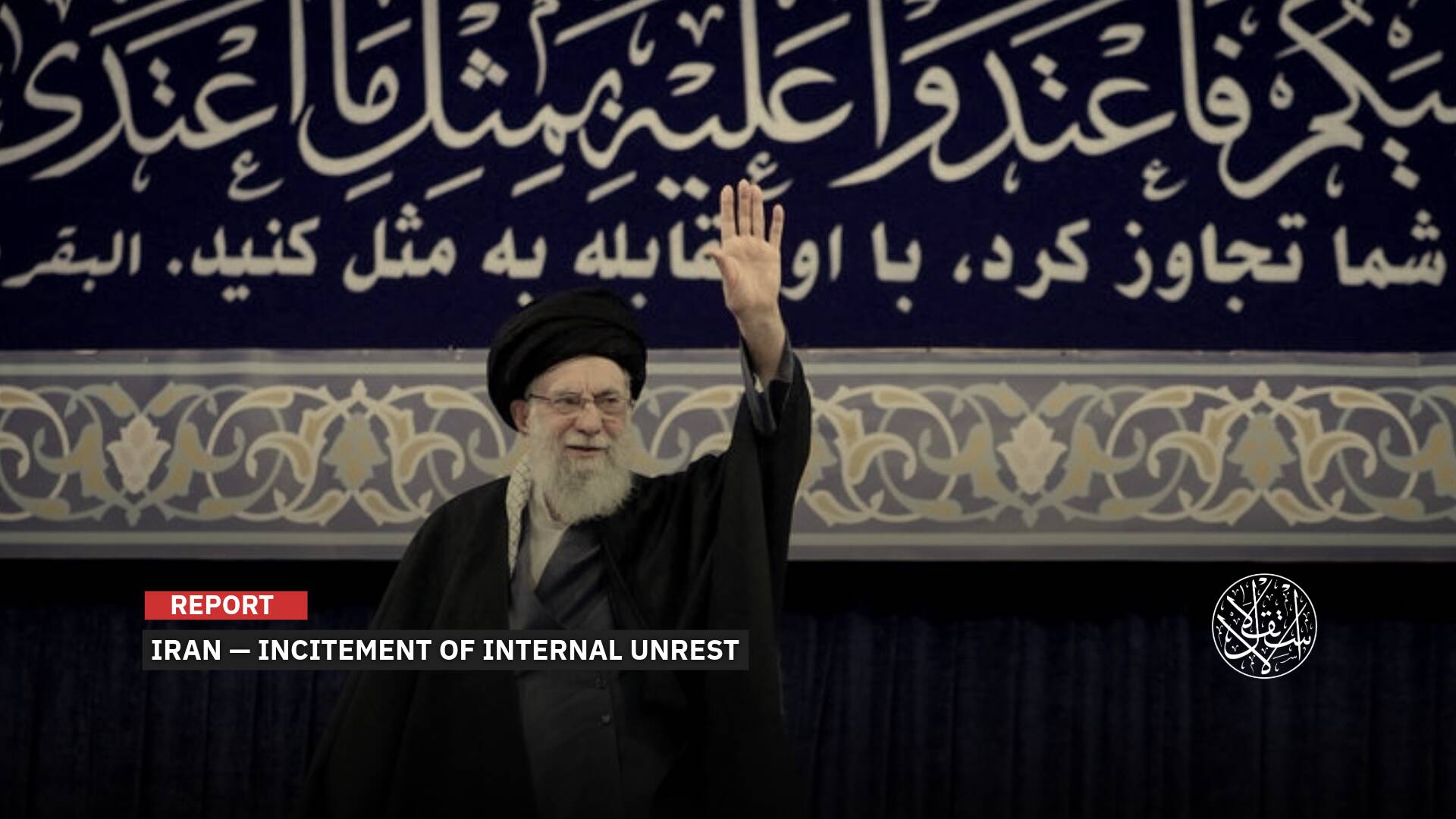'Expel the Devil' Campaigns: Leaking Documents Confirming China’s Crimes Against Uyghur Muslims

A Spanish newspaper has shed light on the new documents and photos leaked by the Chinese police about the detention and abuse of thousands of the Muslim Uyghur minority, under naive pretexts, most notably the wearing of veils for women and the emergence of beards for men.
The newspaper El Pais indicated that, according to the leaked documents, the Chinese authorities are seeking, through these arbitrary campaigns, to "wash minds, clean hearts, and expel the devil."
The newly leaked documents include thousands of photos of detainees, including women, minors, and the elderly, and international media say that they first were received by the German researcher Adrian Zenz from an unknown source.
Zenz is the first to accuse the Chinese regime in 2018 of detaining more than a million Uyghurs in "political re-education centers," which was later confirmed by US and European intelligence reports.
Systematic Repression
On March 20, 2018, when she was 14 years old, the Uyghur teenage girl, Rachel Omar, was forced to take a picture of her in a detention center in Konaxahar County (Shufu), Xinjiang region of western China, home to the Uyghur minority.
In fact, Omar has not committed any crime, but the authorities see her as a potential danger because of her family ties. Her parents were arrested months ago without serious reasons.
The image of this girl is one of 2,884 photos of citizens detained in Uyghur camps, which were leaked from the archives of the Xinjiang police recently, evidence that allows for the first time to reveal Beijing's systematic repression against this Muslim minority.
These documents were obtained by an external source, who preferred to remain anonymous for security reasons, by hacking into the computer systems of the Chinese police, related to detainees in Xinjiang.
These documents include 454 spreadsheets, carrying information recorded between 2017 and 2018, for about 301,000 people.
According to the number of their ID cards, 286,000 people reside in the county of Konaxahar, practically the total population in 2018.
Of all adults, at least two pieces of information were recorded about as many as 22,762 people entering some type of detention center or prison, most between 2017 and 2018. The date or the reason for the arrest, the name or location of the place of detention, or the duration or type of punishment imposed.
In other words, the first conclusion of the leak was that at least 12.3 percent of the adult population in Konaxahar had experienced some form of detention in rehabilitation centers, during the period specified by the leaked file information.
The leak also contains 5,074 photos taken in police stations or detention centers between January 6 and July 25, 2018, 4,989 of which are attributed to people whose information appears in Xinjiang police files.
In general, dozens of photos were verified by relatives of this group in exile who were interviewed by international media that participated in this investigation.

Intentional Targeting
The Spanish newspaper pointed out that the majority of detainees were under 30 years old (69 percent), a total of 1,200 people—including 15 minors.
The largest proportion of men's share is 2,490 (86 percent) compared to women, whose number reached 394 (14 percent).
Although it is difficult to trace the full profile of all of these detainees due to a lack of information, the data confirm that there are persons among the detainees of all ages (between 15 and 73 years) and of all educational levels.
A detailed analysis of the reasons given by the Chinese authorities to justify the arrests reveals the arbitrary side of the arrests and the insistence on linking the detained Uyghurs to religious extremism.
The reason may simply be the detention of a family member in the camps in China. In other cases, general charges such as “disruption of social order” or “religious pretexts, such as reading the Qur’an, a long beard or covering the head with a headscarf,” are used.
Religious excuses aimed at portraying the Uyghurs as extremists are numerous. An example of this is the case of Yolwas, whose crime was to live in a "family with a strong religious climate," where there was no smoking or drinking of alcoholic beverages.
According to the leaked data, other evidence supporting this alleged religious extremism is that his "three little sisters" were wearing headscarves.
There is the example of Tohti Emet, who was arrested for similar reasons. This citizen was convicted of listening to sermons "against the consumption of tobacco and alcoholic beverages" and of women's obligation to wear the niqab.

Naive Excuses
On other occasions, the age of the "alleged breaches" exceeded 30 years, as happened with Asiygul Yusup, who "bought in 1984 a religious book for one yuan at a bookstore" near a mosque "in order to learn to pray."
In 1992, he "violated the national family planning policy due to religious extremism and had another child."
In addition to these convictions on religious grounds, Xinjiang police archives contain another document containing information and photographs of about 330 men who were arrested for religious activities deemed illegal, such as studying the Qur'an, and four of whom were later photographed in Konaxahar.
This is the case of Tursun Qadir, who was arrested on April 2, 2017, and sentenced to 13 years in prison for using “religious extremism to undermine law enforcement” and also for “gathering a crowd and disturbing the social order.”
The archive has been collecting information on Qadir since 1980, when, according to data collected by Chinese authorities, he "illegally studied scriptures."
Among the charges against him, it appears that "from August 2014 to April 2017, he grew a beard due to the influence of religious extremism," accusations that appear in cases against other men.
A comparison between the two photos of Qadir in the leak confirms that after his arrest in Konaxahar, the man appeared with a clean beard.
According to the leaks, through this path, that is, the arrest, China seeks to "wash minds" and "cleanse hearts" and also "expel the devil," as it claims. This is the case of Tursun Qadir, who was arrested on April 2, 2017, and sentenced to 13 years in prison for using “religious extremism to undermine law enforcement” and also for “gathering a crowd and disturbing the social order.”












